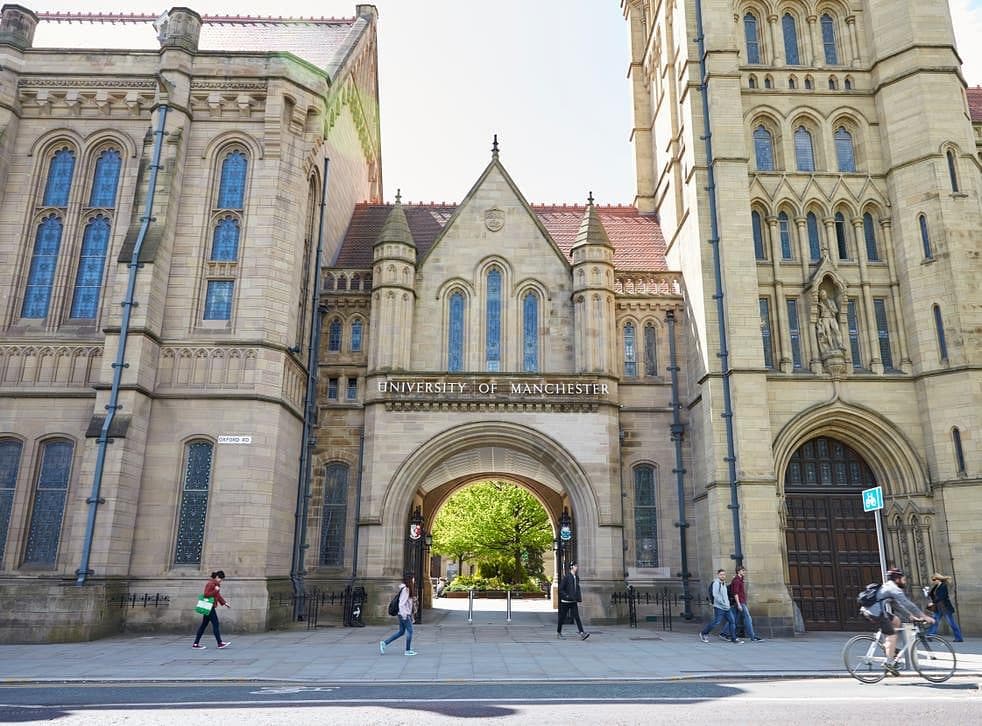You can feel confident that you are starting on a career in which there will always be a need for your services when you take your pharmacy degree. 94% of our graduates go into work or further study after completing our MPharm course.
To be able to use the title of pharmacist in the UK, you must be registered with the General Pharmaceutical Council.
Membership is granted to graduates with a degree in pharmacy from a UK university who have completed a year's training at an approved establishment and passed a registration exam set by the GPhC.
Training is usually arranged as either 12 months in a hospital or community pharmacy, but it can be done for six months in the pharmaceutical industry and six months in either hospital or community pharmacy.
Pharmacy offers a variety of interesting careers with the possibility of flexible working across several of the sectors.
Community pharmacy
- Community pharmacists work in high street, local and rural pharmacies. They use their detailed clinical knowledge to ensure that medicines ordered on doctors' prescriptions or bought over the counter are correctly and safely supplied.
- Community pharmacists also give advice to patients about how to use medicines in safe and appropriate ways.
- They are a readily accessible health advisor to the general public, providing both advice and counselling on the maintenance of good health, together with public health services such as smoking cessation, cholesterol management, blood pressure testing and weight loss programmes.
Hospital pharmacy
- Hospital pharmacists are a vital part of the healthcare team.
- In this setting, the pharmacist works directly with doctors, nurses and other health professionals to ensure that both in-patients and out-patients receive the most appropriate medicines and that those medicines are used in the most effective way.
- When a patient is admitted to hospital, the pharmacist will take their medication history and see the patient every day, check their medicines and discuss their progress with the doctor. When the patient leaves hospital, the pharmacist might then liaise with their GP.
- You can choose to take your skills on into management or a clinical specialism, eventually becoming a consultant with similar status to that of a doctor.
Industrial pharmacy
- The pharmaceutical industry is responsible for research into new medicines and the production and marketing of proven medicines to the public.
- Pharmacists are involved in every step of the process, from research and technical and medical information to product development, formulation and production.
Clinical Pharmacists in General Practice
- Clinical pharmacists work as part of the general practice team to resolve day-to-day medicine issues and consult with and treat patients directly.
- This includes providing extra help to manage long-term conditions, advice for those on multiple medications and better access to health checks.
Primary care
- Primary care pharmacists operate at a senior level in the healthcare system.
- They have a strategic role, making the best use of resources allocated for medicines and ensuring they are well spent.
- They also analyse medicines and work closely with hospitals, GPs, practice nurses and other community healthcare professionals.
- In recent years, there has been a big shift in focus within the NHS towards primary care to preventing people from becoming ill and encouraging healthier lifestyles to keep them out of hospital.
- Prevention is better than cure, and pharmacists are ideally placed to play their part.
Regulatory pharmacy
- Regulatory pharmacists work for government bodies, such as the MHRA, which are set up to help protect public health.
- Their job is to ensure that medicines submitted by drug companies are safe before they can be manufactured and marketed to the public.
- You need critical evaluation skills for this branch of the profession.
Other careers
Pharmacists can also work in:
